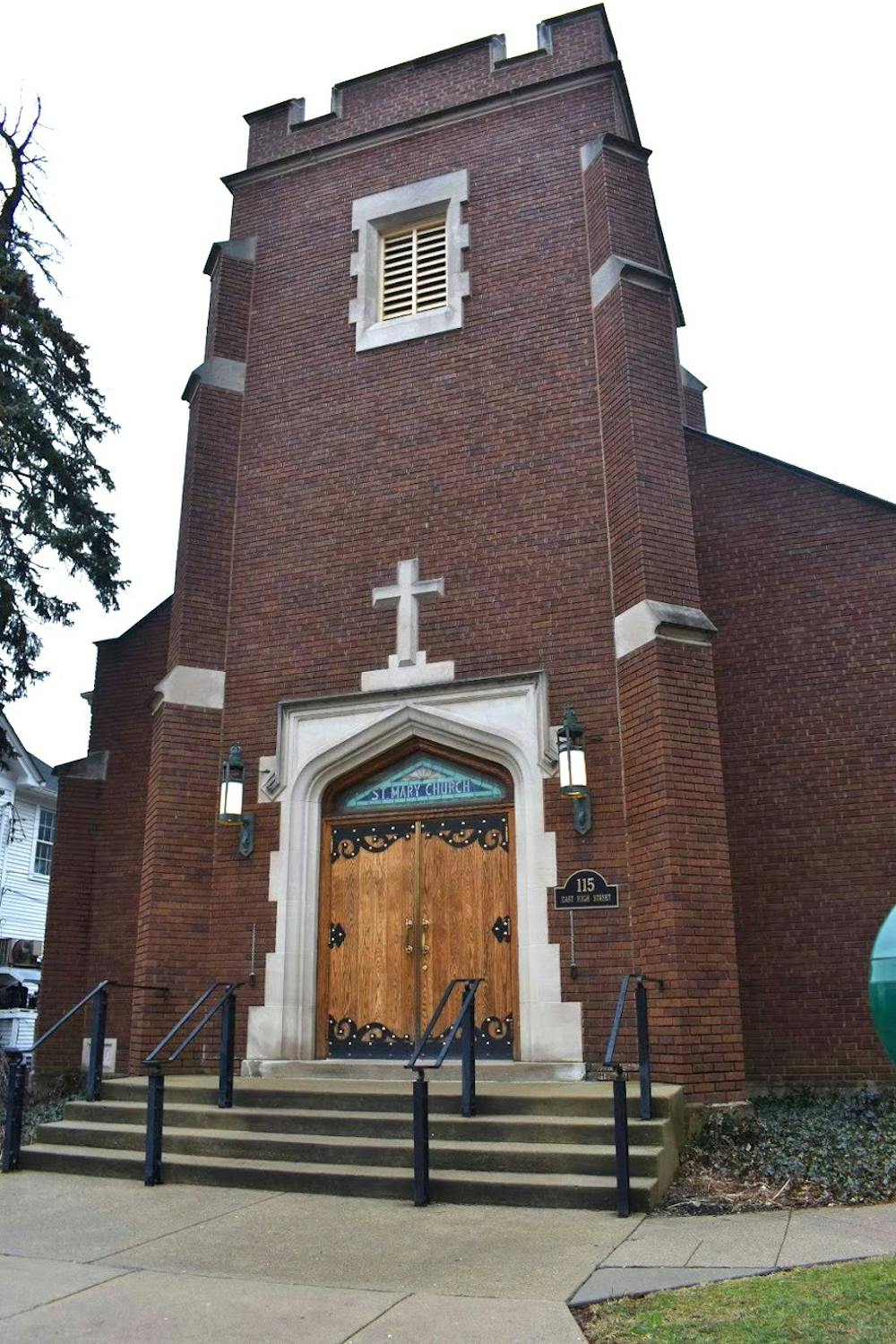Local places of worship are taking vastly different approaches to maintain security within their walls. While some worship spaces have implemented a variety of intense security measures, others offer little to no protection.
Americans have become increasingly anxious after a series of high-profile shootings over the past several years have made worshippers across religions fear for their safety.
Last year, five people were injured in a New York City synagogue during the Hanukkah season, sparking national concern over security in places of worship. According to The New York Times, there have been recent shootings in churches in White Settlement, Texas and Charleston, South Carolina. According to an article from Alabama.com, there have been 22 church-related shootings in the state since 1999, with a total death rate of over 90 people.
These shootings have also contributed to concern among churchgoers from varying sects of Christianity, practicing Muslims who attend mosque and practicing Jews who attend synagogue.
Oxford has 34 places of worship where Miami University students and locals attend.
Father Jeffery Silver of St. Mary Roman Catholic Parish looks out for the safety of those that attend church services.
St. Mary’s was previously open 24/7, but after being vandalized more than 10 years ago, Silver was compelled to lock the church after office and service hours.
“The vandalism involved drunk students entering the church and urinating on the floor ... and one knocked over and broke a large candle,” Silver said.
In contrast, Cobblestone Community Church, a Christian congregation off Kehr Road, believes in an intricate security process.
“None of [our security] is secret,” said cultivating pastor John Johnson. “This goes back to the Sutherland Springs, Texas, church shooting and the desire to heighten security in places of worship. We have looked into it, and so have other churches around here.”
“We pay [a] policemen [as a preventative measure] to be here when they are not on their shift with the department,” Johnston said.
Stephanie Birnbaum, a senior at Miami and president of Chabad, a jewish student organization at Miami, believes that places of worship should be a safe haven for individuals to be free to be themselves and to not worry if they are in any kind of danger.
Enjoy what you're reading?
Signup for our newsletter
“I’m not sure what is the most beneficial [security measure],” Birnbaum said. “From my experience, the most beneficial thing is that there is security all over the building. But I know other places have that security measures and there are still attacks there.”
Chabad loves to get Miami students involved, as they are located in close proximity to the campus. But one too many run-ins with drunk students knocking on their doors at 2 a.m. has raised some concerns.
“Security gets more important year after year,” Birnbaum said. “We do what we can to make the students and the Chabad family safe.”
Marcy Miller, executive director, and Jonathan Maxwell, student president of the Hillel Foundation at Miami University, which also has its own building, believe all places of worship should be safe. Both Miller and Maxwell said they do not speak for all of Hillel or Jewish students as a whole, though.
“We have been fortunate to be safe at Miami,” Maxwell said. “At Jewish events, I am usually looking for the exit, which is a thought that I have, and I am sure that is on a lot of people’s minds. It is just that fear that something might happen.”
Maxwell emphasized that these anti-Semitic attacks are a way for people to create fear and second guess a person’s identity.
“[Increased security] won’t stop the issue, it is just a Band-Aid. [It] can help, but it will not convince someone to not make an attack,” Maxwell said. “The real issue is civility — staying in the same room as people different than you.”
Lawrence Bartel, pastor of Oxford Presbyterian Church, wrestles with the balance between the idea of welcoming all into the church and the need for security for those who attend services.
“[The security and safety of our congregation and staff] is part of the national conversation,” Bartel said. “We are responsive to the changing circumstances of life in the 21st century. This is the pressing question of our time … That calls for a faithful response.”
Bartel wants to prioritize the sense of security within his congregation, so they are able to focus on growing as people in their faith rather than worrying about their physical safety.
“Our church has an ongoing conversation about how the congregation can be as safe and secure as possible when we are together for worship admission and … how can our church staff be safe as possible when we are working here and the church is unlocked,” Bartel added.
Cobblestone Community Church’s cultivating pastor agrees.
“We have considered many options ... but this is an elegant solution to a complicated problem.” Johnson said.




